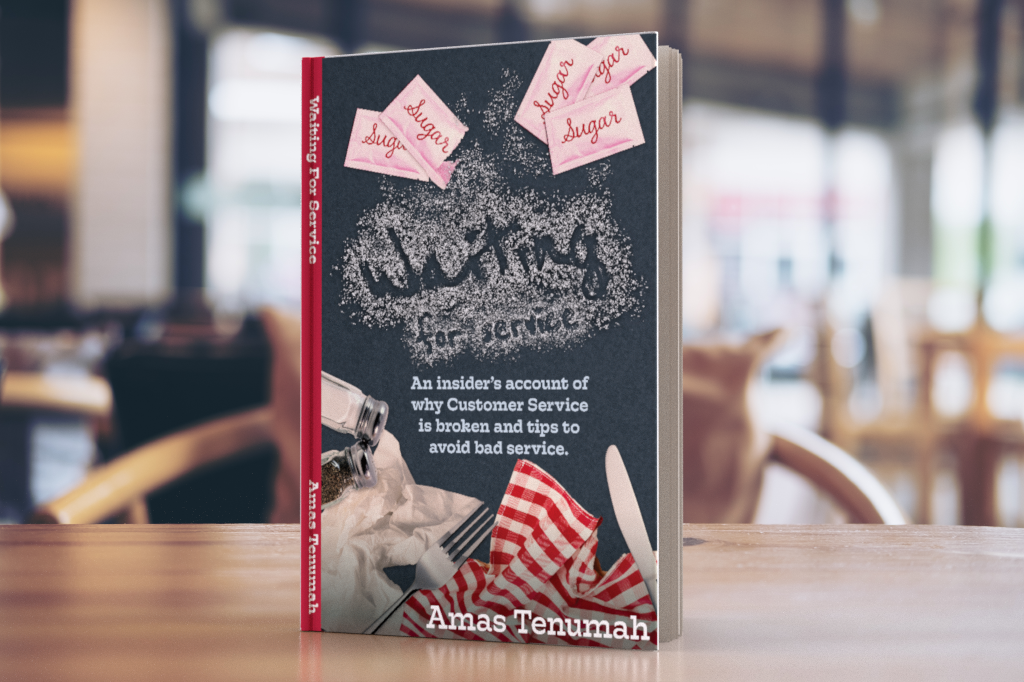The driveway stretched out like a winding invitation to the massive front doors. As I reached the entrance, Linda appeared, framed by the oversized doorway. She pulled me into a big hug, and I couldn’t help but notice her hair — every strand obediently in place, as immaculate as the greens at Augusta National Golf Club.
“Can I get you a cookie?” she asked, motioning to a platter on the counter.
“Thanks, but I’ll pass,” I said, holding up my hand. “Sugar cookies aren’t really my thing.”
She brought me a glass of water instead. We chatted, and I teased her about her beloved Oklahoma State Cowboys. She laughed, but her smile didn’t quite reach her eyes.
Four months earlier, I’d stood beside her at Bill’s funeral — a beautiful yet heart-wrenching service for a man she’d loved for 58 years. I remembered the moment she stepped to the podium, her shoulders trembling as she tried to speak.
“Bill was such a…” she began, but the words never came. A sob broke through her, raw and uncontainable, as she retreated into a puddle of tears.
Since then, Linda had been working tirelessly to build a life without him, checking boxes and crossing off to-dos: health insurance, Social Security, endless paperwork. But one nagging issue refused to go away — those relentless calls from the BiPAP machine company.
It started as a daily nuisance, the phone ringing with an upbeat voice asking for Bill. Every time, she’d patiently explain, “He’s passed away.” They’d offer their condolences before demanding the BiPAP machine.
“I already sent it back,” she’d say.
“We don’t have it on record, but we’ll note it in the system,” they’d reply — only to call again the next day.
It was like the world’s saddest version of Groundhog Day.
Within days, I was on the phone with one of the company’s executives. He was courteous, even apologetic, and quickly assured me the calls would stop. He promised to send Linda a letter confirming they had resolved the issue. When I pressed him about the broken process, his answers were pragmatic, if unsatisfying.
“These machines are expensive,” he explained. “Retrieving them is a business necessity.”
I asked why a widow was repeatedly called despite multiple notes in their system.
“Human error,” he said. “And some outdated policies. We’re updating them.”
Bill may be dead, but shareholders are alive and want maximum returns.
I invited him to come on my podcast, but his company muzzled him. Still, at least Linda’s ordeal was over.
Customer service is built with a spreadsheet
Look, none of this shocked me. I wrote a whole book (Waiting for Service) about why customer service sucks.
Spoiler: it’s not an accident. Service departments are built to ruthlessly prioritize cost-efficiency, not humanity. If there’s ever a showdown between empathy and the bottom line, the bottom line wins every time.
I drove back to Linda’s home to share the good news. She sat across from me, eyes sparkling with relief as she listened to every detail. Before I left, she handed me a small tin filled with sugar cookies, her expression mischievous.
The note on it said “…you haven’t tried mine”. So, I tried the cookies. Like most sugar cookies, they had the texture of wet sand with sugar. But I ate every single one — because maybe, just maybe, she sprinkled in a little love.
Here’s the thing: Return on Investment (ROI) runs the show in customer service. Every initiative needs measurable returns, or it’s dead on arrival. It’s wild, though, because companies spend big on things with nebulous ROI all the time — fancy office spaces, feel-good corporate responsibility campaigns, you name it.
The ROI for badgering widows to return medical equipment? Positive on the balance sheet, but absolutely abysmal everywhere else. And the ROI for simply being a decent human being? Probably even worse — there’s no karmic reward for doing the right thing.
But that doesn’t mean we shouldn’t try.
The Marcus Aurelius quote on my office wall says it all:
“Waste no time arguing what a good person should be. Be one.”
Follow me on Linkedin
Buy a copy of my book Waiting for Service
Connect with me @amastenumah


